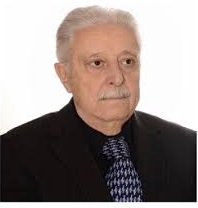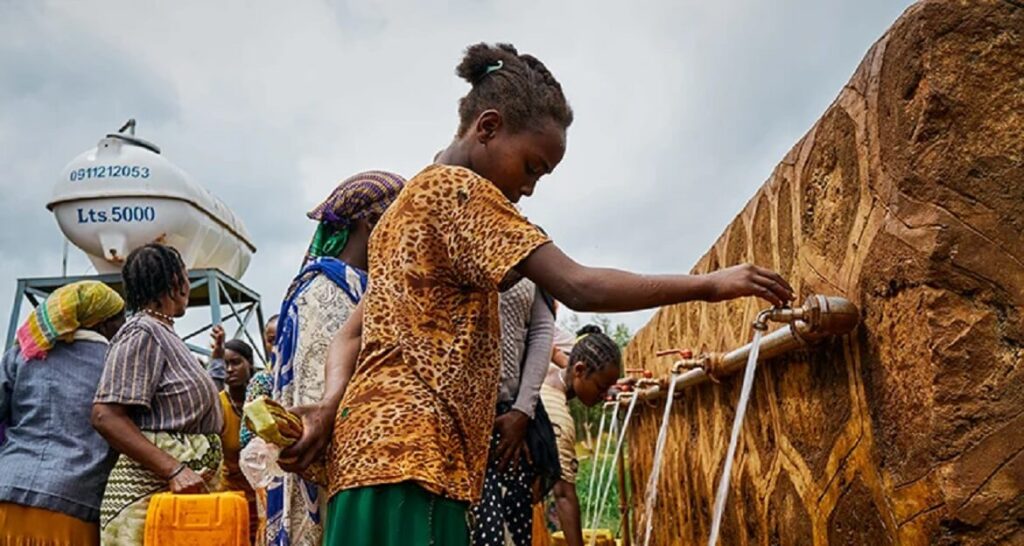Note of the editor: Italy’s Mattei Plan for development in Africa has been included, on June 15 2024, in the final declaration of the Group of Seven summit in Italy: “The G7 Partnership for Global Infrastructure and Investment, including initiatives such as the EU Global Gateway, provides a framework that we will use to promote our vision of sustainable, resilient and economically viable infrastructure in Africa, supported by transparent project selection, procurement, and finance,…In this sense, we welcome the Mattei Plan for Africa launched by Italy”.
We spent a lot of time in Africa, having been residents in three out of fourteen Countries where we acted as Economist on behalf of International Development Agencies.

There are many stereotypes about Africa, and, in our opinion, the banalities are due to the lack of knowledge of the environment, both natural and human; simply, visitors have to find out the appropriate key, as happens in places that do not belong to us; but Africa requires a little more than a simple adaptation because the visitors must respect the tradition and the plurality of local cultures more than elsewhere. Africans are proud of tradition and customs.
On the whole, the lack of education is compensated by cultural richness, the difference between training and culture being in the behaviour or the way people do react. But we must be careful to not confuse collective brutality with the respect for human life; the atrocities have been committed for wrong beliefs or conquest of power, that is to say, violent movements already experienced in Europe in past centuries.
Certainly, the increase of military conflicts and other struggles had a negative impact on the development process. However, we believe that two factors had a major negative outcome, namely the lack of economic inclusion and the war in Palestine, which is now spreading to the Middle East.
The failure of inclusive development has greatly hindered the emancipation of African populations from poverty, worse still, has widened the gap between those who hold the wealth and the others (many) who are not yet included in the financial circuits.
The war factor, in addition to the consequences on the tragic living conditions of the populations, caused inaccessibility of the Suez Canal, which penalised commercial traffic and thus the economies of Mediterranean and European countries.
According to a World Bank report, for the first time in the century, half of the world’s 75 poorest countries have experienced a growing income gap with richer economies, in a historic reversal of development; and more than half of all IDA-financed countries (75) are located in sub-Saharan Africa.
In our opinion, it isn’t a historical inversion, but of a historical problem. Certainly, the development rates of African economies have reached important levels, but this aspect hasn’t to be emphasised because they start from low stages of development, which must last over time to have the expected results for consolidation.
In a previous conversation we hoped that the renewed interest for Africa will last; referring to the recent events it can be said that the hope could become certainty, and the dream could be a reality since the second week of June 2024 the World Powerful Nations included Africa in the G7 Agenda along with Mediterranean, Ukraine and AI, in connection with the economic security, the energy’s transition, the sustainable growth and the climate change.
It has been an important achievement for Italy who brought attention to the Mattei Plan at the Italy-USA Summit last January and then handed it over to Europe. The move will lead to new forms of Partnership for investment and infrastructure among EU and African Nations, having African Union as active Actor. The EU Global Gateway for Africa with the mobilisation of an initial € billion 150 (aiming at € 450) will make the difference by accelerating both green and digital transactions, sustainable growth & job creation along with strengthening health systems and improving education and training.
The joint strategy EU-Africa started with the Samoa Agreement that will regulate the European relations with 79 African Countries for twenty years since 2007, adjourned in 2014: everything is on paper and now it is in the Partners’ hands to make happen the opportunities, which are absolutely immense; brief, the western Countries must abandon the predatory behaviour and African States leave either the beggar conduct or the request for compensation for the colonial period. However, it must be said that investments need political stability and keep away from armed conflicts; unfortunately, currently in the Continent from Malawi, to Somalia, from Niger to Burkina Faso and Mali, just to mention some of them where we collaborated, and we do have souvenir that are part of our storyline.
From the residence in Burkina Faso, we do recall the war with Mali that lasted a week (because France gave up providing them with weapons), at the end of 1964: a morning we woke up and on the way to the office, our car was stopped many times and searched at the military checkpoints; but we had good times.
In Malawi, under the Mobutu’s dictatorship, at the Kinshasa airport we noticed that we benefited the green line and then we understood the reason of the privilege: we had leopard skin hat similar to that one of the Dictator and no one used to put it on, but in the customs officers’ eyes was a good sign. As it is known, in the African tradition the Lion is the King while the Leopard symbolises Authority.
In the Sahelian Countries (Niger, Mali), we noticed a very different people’s behaviour/posture: the conversation among people being limited to the essential.
By and large, the narrative about the Continent conforms to the criteria of the Stakeholders; in a word, it is homologated to the standards of those who hold the power, and a fact that is often omitted is the position/condition of the women in the community.
Dr. Ascanio Graziosi – Owner of Innovative Financial Inclusion Solutions, a financial boutique providing Policy Decision-Makers and Private Clients with advisory services to enable a favourable financial environment and facilitate start-up and growth-up business. Dr Graziosi is a chief player in the arena of economic development. He has collaborated in Sixteen African Countries, out of twenty-four in three Continents, acting as Development Economist on behalf of international funding Agencies (WORLD BANK, FAO, UNDP, WHO, ITALY GVT, DANISH GVT, PRIVATE COMPANIES).
(The views expressed in this article belong only to the author and do not necessarily reflect the editorial policy or views of World Geostrategic Insights).
Image Source: AfDB







